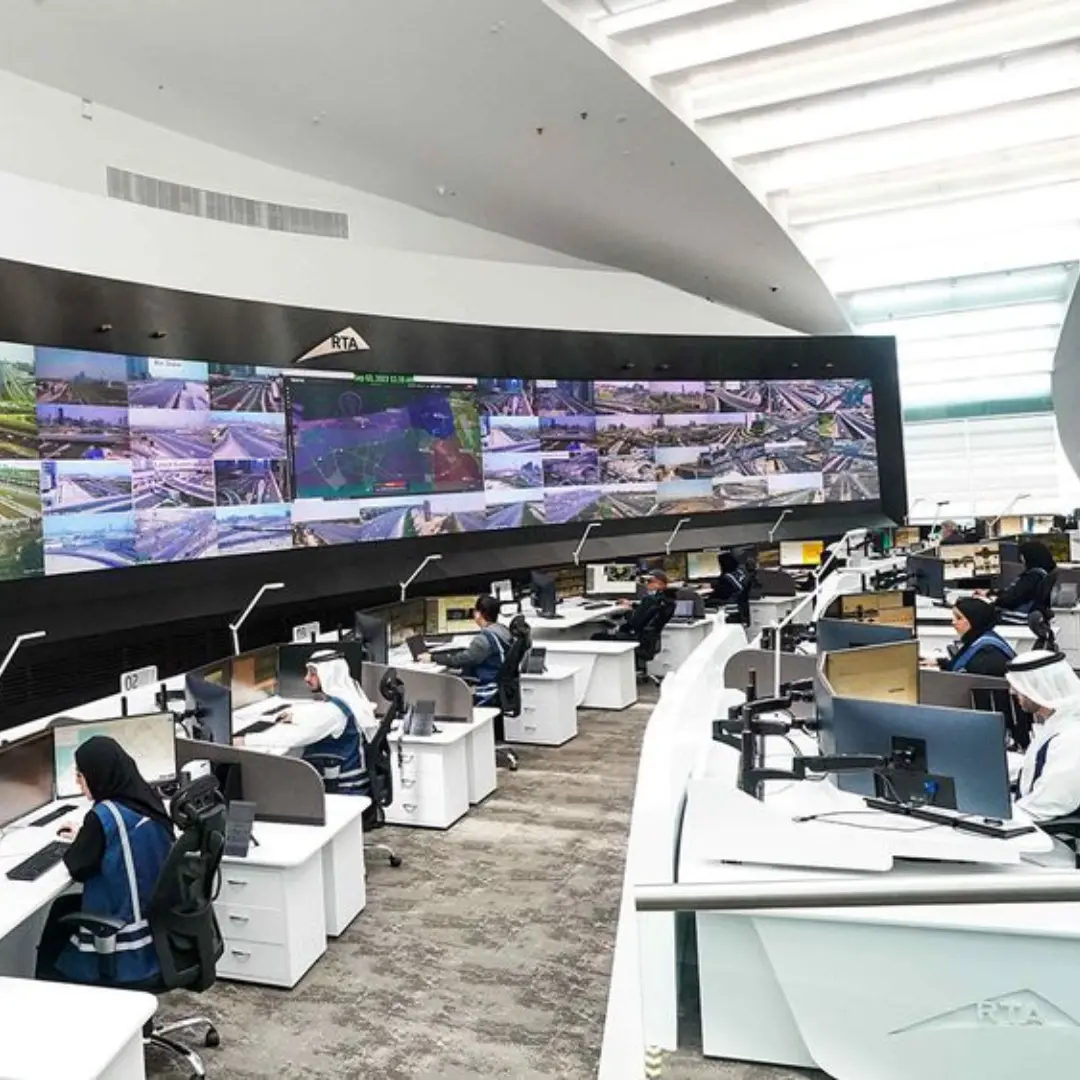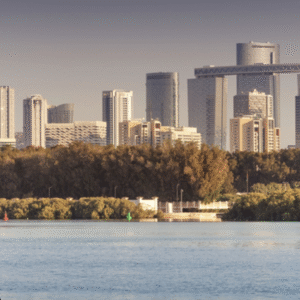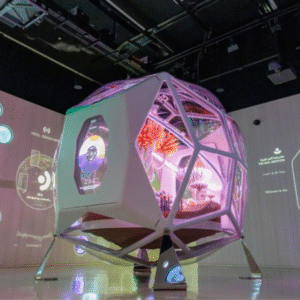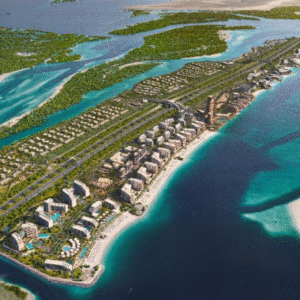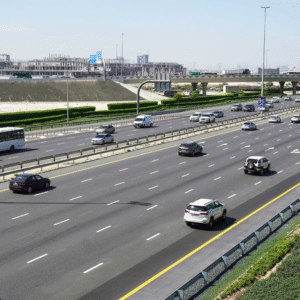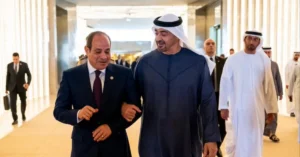Dubai’s ambitious plan to implement a smart traffic system across its entire main road network by 2026 marks a significant leap forward in urban transportation technology. The initiative aims to leverage advanced technologies such as artificial intelligence, IoT (Internet of Things), and data analytics to transform how traffic is managed in the city.
At its core, the smart traffic system seeks to address several critical issues that currently plague Dubai’s roads, including congestion, inefficient traffic flow, and safety concerns. By integrating various sensors, cameras, and smart devices throughout the road network, authorities aim to gather real-time data on traffic patterns, vehicle movements, and road conditions. This data will enable sophisticated AI algorithms to predict traffic flows, detect incidents or accidents promptly, and dynamically adjust traffic signals and lane controls to optimize the overall flow of vehicles.
One of the primary goals of this initiative is to reduce congestion. By providing commuters and authorities with accurate, up-to-date information on traffic conditions and suggesting alternative routes in real-time, the system can help distribute traffic more evenly across different roads. This proactive approach not only reduces delays and frustration for commuters but also lowers carbon emissions from idling vehicles, contributing to Dubai’s environmental sustainability goals.
Moreover, enhancing road safety is a significant focus. The smart traffic system can quickly detect hazardous conditions such as accidents, road hazards, or adverse weather events. It can then alert authorities and emergency services promptly, potentially reducing response times and improving outcomes for those involved in accidents.
Efficiency gains are also expected. By optimizing traffic flow and reducing stop-and-go situations, the system aims to improve fuel efficiency for vehicles, thus benefiting both commuters and the environment. Additionally, smoother traffic flow can enhance productivity by reducing travel times and enabling businesses to operate more efficiently.
For Dubai, a city known for its rapid development and innovative infrastructure projects, the implementation of a comprehensive smart traffic system represents a strategic investment in its future. It not only aims to enhance the quality of life for residents and visitors but also supports the city’s economic growth by improving the reliability and predictability of transportation networks.
In conclusion, Dubai’s plan to deploy a smart traffic system across its main road network by 2026 is poised to revolutionize urban mobility. By harnessing cutting-edge technology and data-driven insights, the city aims to achieve significant improvements in traffic management, congestion reduction, road safety, and overall efficiency. This initiative underscores Dubai’s commitment to remaining at the forefront of smart city development and creating a sustainable, livable environment for all its commuters and residents alike.

